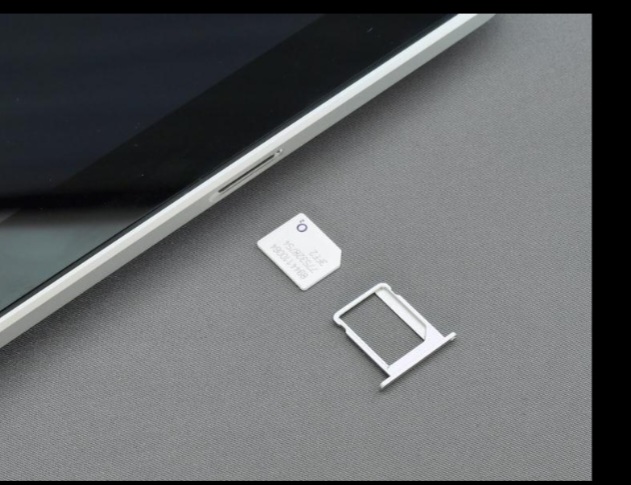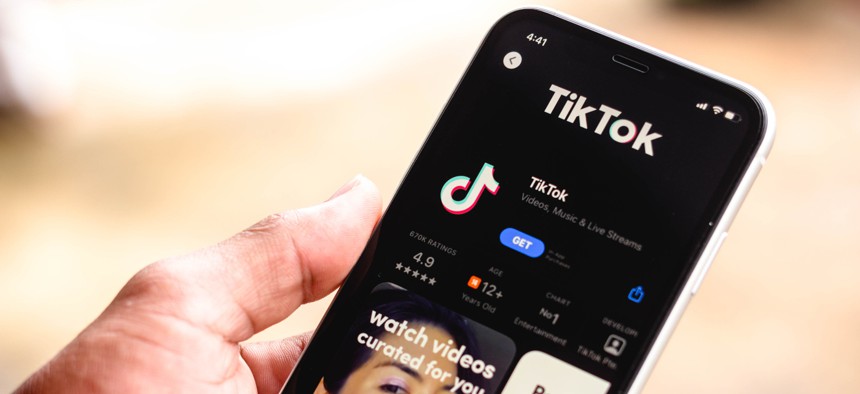Find out the week’s top mobile stories from around the world. Stories this week include… Russia says US hacked thousands of Apple phones in spy plot, 3 billion devices trading with each other by 2030, T-Mobile CEO explains how the carrier will use AI to improve its business and much more…

Russia says US hacked thousands of Apple phones in spy plot
Reuters
Russia’s Federal Security Service (FSB) said on Thursday it had uncovered an American espionage operation that compromised thousands of iPhones using sophisticated surveillance software.
Moscow-based Kaspersky Lab said dozens of its employees’ devices were compromised in the operation.
The FSB, the main successor to the Soviet-era KGB, said in a statement that several thousand Apple Inc (AAPL.O) devices had been infected, including those of domestic Russian subscribers as well as foreign diplomats based in Russia and the former Soviet Union.
Read more…
3 billion devices trading with each other by 2030 – report
Mobile Marketing Magazine
Up to 3.3bn connected devices will be trading directly with each other by 2030, according to new research by telecommunications consultant STL Partners. From just 88m devices in 2024, the report predicts the meteoric growth of Economy of Things (EoT)-enabled devices that can independently and securely trade together.
The research, commissioned by Vodafone, suggests that EoT – a world in which vehicles, devices and machines can interact and transact with each other via a secure digital platform – will account for more than 10 per cent of the overall Internet of Things (IoT) market, representing a compound annual growth rate (CAGR) of 68 per cent.
Read more…
T-Mobile CEO Sievert explains how the carrier will use AI to improve its business
Phone Arena
When a wireless carrier reports its quarterly numbers every three months, some of the most important numbers released include the net number of new postpaid phone subscribers and the churn percentage. The latter is the percentage of a wireless provider’s customers that leave that carrier and sign up with a new one. T-Mobile was the only one of the major wireless firms in the U.S. to report a declining churn percentage during Q1.
For the first quarter of 2023, T-Mobile’s postpaid phone churn was .89% down from a churn of .93% during Q1 2022. Verizon’s Q1 postpaid phone churn figure was .84%, up from .77% during the same quarter the previous year. AT&T’s first-quarter postpaid phone churn was .81% compared with the .79% it reported during the same quarter in 2022.
Read more…
Korean mobile carriers anticipate metaverse metamorphosis
Korea JoonnAng Daily
Korean mobile carriers are eyeing the cooled-down metaverse market in hopes that it will heat up again following a potential mix with the AI boom. They are rolling out new platforms and updating existing ones throughout the year to maintain ground in the sector.
The metaverse business, once hailed as the IT industry’s future food, is facing sharp declines in investment. The scale of investment for the metaverse industry across the globe in the first quarter shrunk to $586.7 million, down 70 percent on year.
Read more…
Kenya’s Leadership Lays Out Digital ID Roadmap
Find Biometrics
With this year’s ID4Africa AGM event having taken place in Kenya, the digital identity-focused event appears to have prompted a slew of comments from the country’s leadership concerning Kenya’s own digital ID efforts.
About a week before ID4Africa, ICT secretary Eliud Owalo said the government was actively working on such a system for the country and that it is currently involved in “a benchmarking exercise in countries like Estonia and Pakistan.” Authorities are aiming to give every Kenyan a digital ID by March of next year, he said.
Read more…
Blockchain SIM Cards: The Future of Mobile
Tech In Africa
Blockchain technology is rapidly disrupting a wide range of industries, and the telecommunications sector is no exception. Blockchain SIM cards are a new type of SIM card that uses blockchain technology to provide several benefits over traditional SIM cards, including improved security, privacy, and fraud prevention.
Blockchain SIM cards work by storing all user data on a decentralized blockchain network. This makes it much more difficult for hackers to access or steal user data. Additionally, blockchain SIM cards use cryptography to encrypt all data, which further protects user privacy.
Read more…
New bill proposes ‘made in China’ tags for mobile apps
Next Gov
A group of Republican senators introduced legislation Tuesday that would require mobile application stores to prominently identify the countries of origin for the services offered on their platforms, an effort that the bill’s sponsors said would enhance transparency around popular digital platforms — like TikTok — that have been accused of sharing U.S. users’ personal data with the Chinese government.
The bill — introduced by Sens. Tim Scott, R-S.C., Roger Wicker, R-Miss., and James Lankford, R-Okla. — would “require application stores to publicly list the country of origin of the applications that they distribute, and to provide consumers the ability to protect themselves.”
Read more…
The Importance of Using Mobile Apps in Education
Telemedia Online
In the contemporary digital age, education has transcended the traditional four-walled classroom environment. The advent of technology has significantly transformed the educational landscape, paving the way for a more flexible and efficient learning experience. Among the multiple tech tools that have emerged, mobile apps have proven to be game-changers. They have emerged as essential tools for both educators and learners, offering a wealth of benefits. Let’s delve into the importance of using mobile apps in education.
Read more…
Do we really need an app for everything?
Vox
On a flight about a year ago, I found myself in a predicament: I could not pay for my customary glass of plane wine to help calm the nerves. The problem wasn’t that I didn’t have cash or a credit card on me but instead that I didn’t have the airline’s app, which was necessary to complete the transaction. I was motivated to get the plane wine, but not that motivated — I gave up somewhere between downloading the app on the shoddy in-flight wifi and uploading my credit card to it. So now it sits idle on my phone, as do countless other apps I’ve had to get for one reason or another over the years, the vast majority of which I do not want or use.
Read more…
The regulatory implications of payments and technology
Fintech Magazine
How secure are the payment technologies we rely on, and what regulatory implications exist around the integrity of modern transactions?
As mobile payments and contactless card payments increase in popularity, the security of transaction technologies is thrust into sharp focus. According to UK Finance, nearly a third of adults are registered to use mobile payments – a figure that rises to more than 60% of Americans, according to separate research from YouGov.

/cloudfront-us-east-2.images.arcpublishing.com/reuters/FIMF4GZGN5PUJH6K3KASVEMTN4.jpg)







:format(webp)/cdn.vox-cdn.com/uploads/chorus_image/image/72330944/GettyImages_1476177804.0.jpg)




